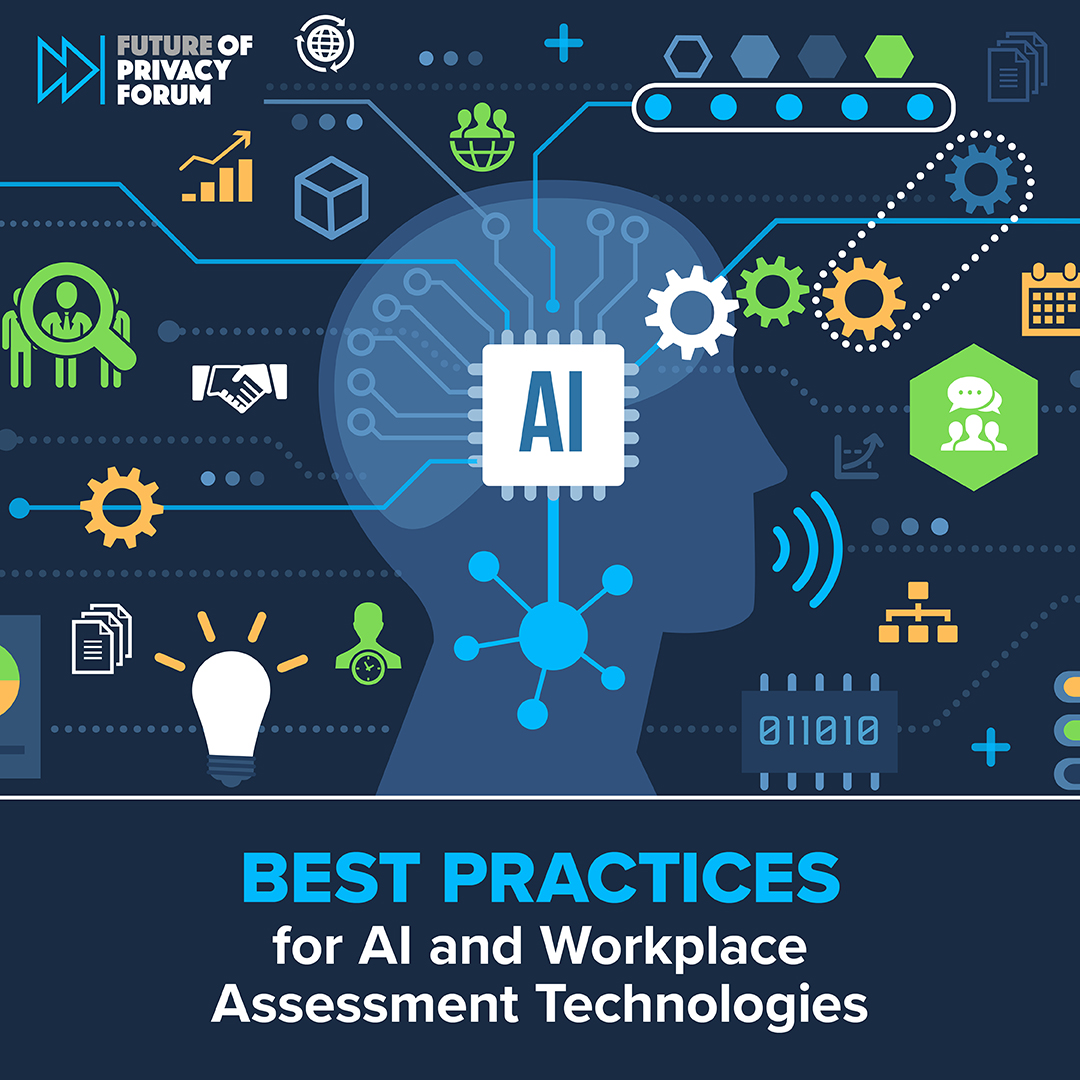
The Current State of Kids’ and Teens’ Privacy
Please join us for a live virtual webinar on The Current State of Kids’ and Teens’ Privacy on Tuesday November 7, from 12:00 p.m. to 1:30 p.m. ET. Privacy by design for kids and teens has expanded across the globe. Pioneering child privacy regulation and guidance in the U.K. and Ireland has drawn the attention of companies, advocates, and policymakers worldwide. The U.K.’s […]

Survey of Current Universal Opt-Out Mechanisms
With contributions from Aaron Massey, FPF Senior Policy Analyst and Technologist, Keir Lamont, Director for U.S. Legislation, and Tariq Yusuf, FPF Policy Intern Several technologies can help individuals configure their devices to automatically opt out of web services’ requests to sell or share personal information for targeted advertising. Seven state privacy laws require that organizations […]

FPF Weighs In on the Responsible Use and Adoption of Artificial Intelligence Technologies in New York City Classrooms
Last week, Future of Privacy Forum provided testimony at a joint public oversight hearing before the New York City Council Committees on Technology and Education on “The Role of Artificial Intelligence, Emerging Technology, and Computer Instruction in New York City Public Schools.” Specifically, FPF urged the Council to consider the following recommendations for the responsible adoption […]

Future of Privacy Forum and Leading Companies Release Best Practices for AI in Employment Relationships
Expert Working Group Focused on AI in Employment Launches Best Practices that Promote Non-Discrimination, Human Oversight, Transparency, and Additional Protections. Today, the Future of Privacy Forum (FPF), with ADP, Indeed, LinkedIn, and Workday — leading hiring and employment software developers — released Best Practices for AI and Workplace Assessment Technologies. The Best Practices guide makes […]

How Data Protection Authorities are De Facto Regulating Generative AI
The Istanbul Bar Association IT Law Commission published Dr. Gabriela Zanfir-Fortuna’s article, “How Data Protection Authorities are De Facto Regulating Generative AI,” in their August monthly AI Working Group Bulletin, “Law in the Age of Artificial Intelligence” (Yapay Zekâ Çağinda Hukuk). Generative AI took the world by storm in the past year, with services like […]

Protected: U.S. Legislative Resources
There is no excerpt because this is a protected post.

Immersive Tech Panel Series: AI
Please join the Future of Privacy Forum for the fifth session of its Immersive Tech Panel Series, examining the new privacy risks and policy questions that arise when immersive technologies are integrated into domains like health, advertising, transportation, AI, and education. The fifth virtual panel of the Immersive Tech Panel Series will focus on AI, and will be held on Thursday, November 9 from 2:00 […]

Navigating Privacy-Enhancing Technologies: Key Takeaways from the Inaugural Meeting of the Global PETs Network
In recent years, privacy-enhancing technologies (PETs) have been an increasingly popular subject on regulators’ and policymakers’ agendas. Whether by issuing guidance about these types of tools (Canada’s Office of the Privacy Commissioner; United Kingdom’s Information Commissioner’s Office; Organisation for Economic Co-operation and Development), setting up regulatory sandboxes (Singapore’s Personal Data Protection Commission; Colombia’s Superintendence of […]

EU’s Digital Services Act Just Became Applicable: Outlining Ten Key Areas of Interplay with the GDPR
DSA: What’s in a Name? The European Union’s (EU) Digital Services Act (DSA) is a first-of-its-kind regulatory framework, with which the bloc hopes to set an international benchmark for regulating online intermediaries and improving online safety. The DSA establishes a range of legal obligations, from content removal requirements, prohibitions to engage in manipulative design and […]

FPF Submits Comments to the FTC on the Application for a New Parental Consent Method
Today, the Future of Privacy Forum (FPF) submitted comments to the Federal Trade Commission (FTC) regarding the use of “Privacy-Protective Facial Age Estimation” as a potential mechanism for verifiable parental consent (VPC) under the Children’s Online Privacy Protection Act (COPPA) Rule. FPF observes: In June, FPF published The State of Play: Is Verifiable Parental Consent […]
